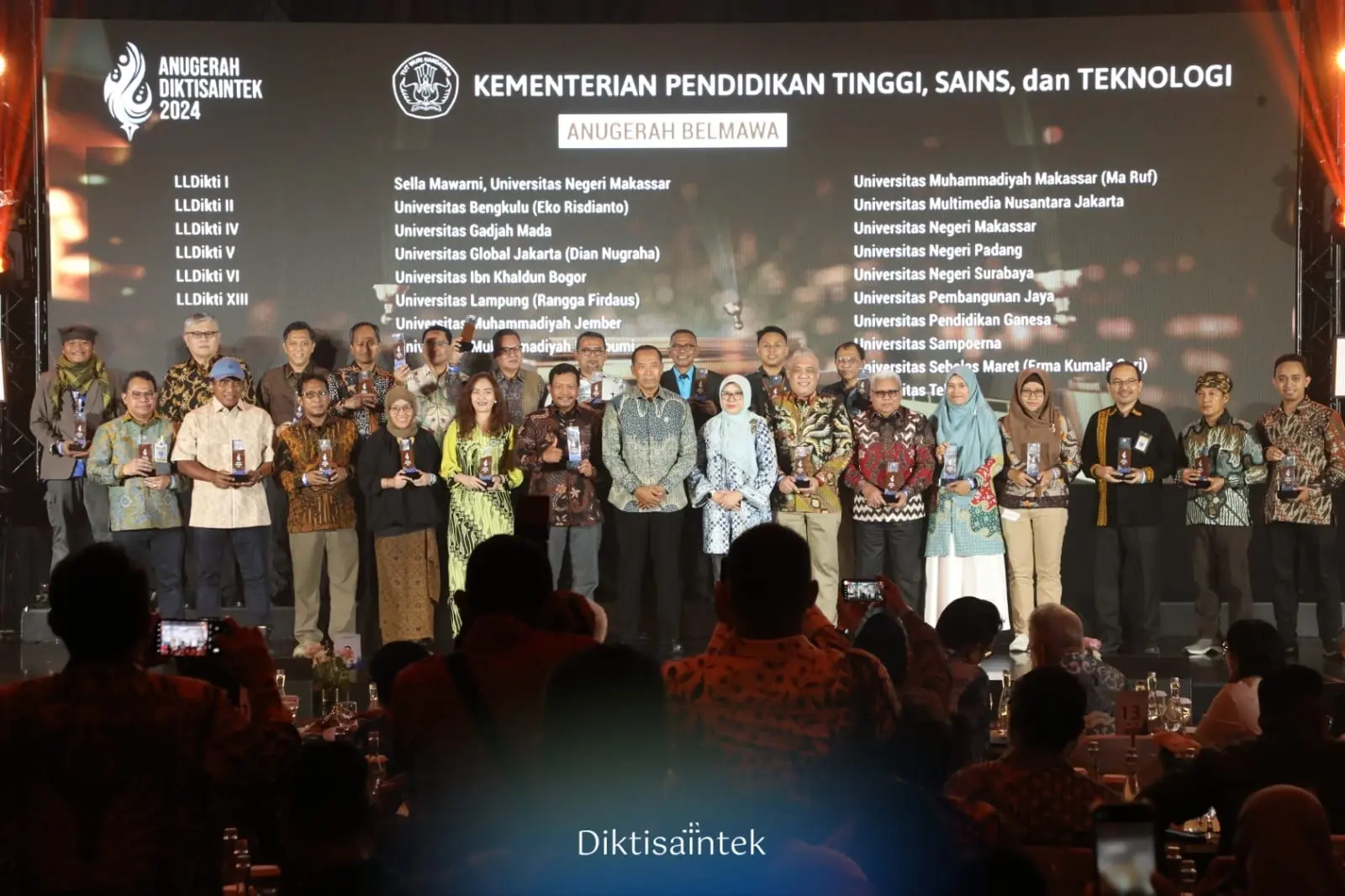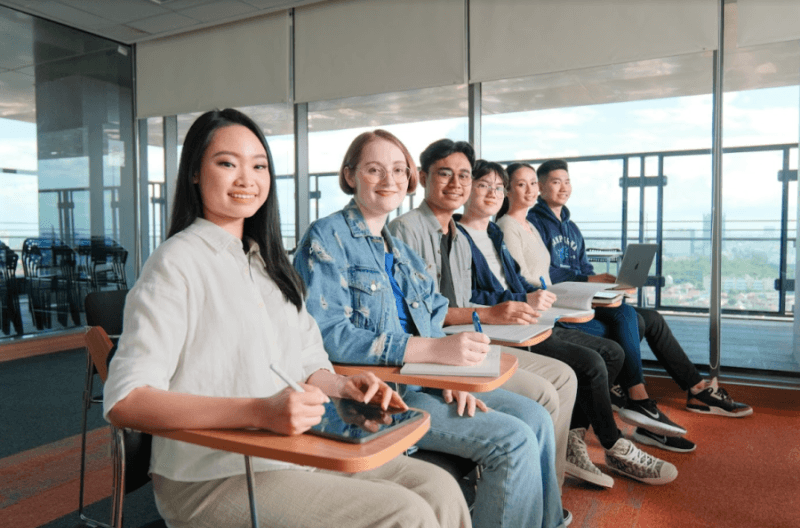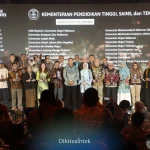15 Aug 2023
10+ Tips to Boost Learning Productivity
Articles,

Learning productivity is the efficiency and effectiveness with which a person gains new knowledge, skills, and abilities. It entails maximizing the learning process to guarantee that you are acquiring, retaining, and applying information meaningfully. Learning productivity refers to various strategies, techniques, and approaches that can assist individuals to improve their learning results while requiring less time and effort.
Key Aspect of Learning Productivity
Learning productivity refers to a collection of tactics and ways to improve the process of gaining knowledge and skills. It is part of setting clear goals, effectively managing time and leveraging resources to accomplish efficient and meaningful learning outcomes.
Active participation in learning materials improves comprehension and recall, whether through note-taking, debates, or practical applications. Task prioritization, disciplined time management, and breaking down complicated subjects into digestible components all help students face academic problems with confidence.
Regular review sessions, collaborative learning with peers, and asking for instructor feedback all contribute to a thorough understanding of the subject matter. Approach adaptability, flexibility, and a focus on comprehensive well-being, including physical and mental health, encourage long-term learning practices.
Learning productivity is a personalized activity in which these essential factors match an individual’s learning style and promote academic success.
How Boosting Learning Productivity at University

In a university, learning productivity is using tactics and approaches to manage your time, resources, and efforts to maximize learning outcomes. Because university education frequently entails a higher level of complexity and independence than earlier educational stages, establishing excellent learning productivity skills is critical for academic success.
Here are more than ten suggestions for increasing learning productivity in a university:
1. Establish Specific Objectives
Define precise academic and personal objectives to help guide your study and give you a feeling of purpose.
2. Organize Your Workspace
Create a clutter-free and orderly study space that promotes concentration while minimizing distractions.
3. Make use of Active Recall Techniques
Test yourself on the content you’re learning to improve recall and find areas that require more attention.
4. Accept Digital Resources
Use internet platforms, eBooks, instructive films, and podcasts to enhance your study and explore new views.
5. Use the Feynman Technique.
Break down complex concepts into straightforward explanations, as if you were educating a newcomer to the subject.
6. Change up your study locations.
Changing your study surroundings regularly will help you avoid boredom and boost your brain’s response to the subject.
7. Active listening should be practiced.
Participate fully during lectures, take thorough notes, and offer clarifying questions.
8. Seek Help Early
If you run into problems, don’t be afraid to ask professors, teaching assistants, or academic advisors for help.
9. Use a Planner or Digital Tools
To correctly manage your time, use planners, calendars, or productivity applications to keep track of classes, assignments, and deadlines.
10. Exercise Time Blocking
To keep a balanced schedule, set aside time for diverse things such as studying, attending classes, exercising, and socializing.
11. Take Breaks and Practice Mindfulness
Include short breaks and mindfulness activities to refuel your mind, which can help you focus and retain knowledge.
12. Participate in Discussion Groups
Join or form study groups where you may explain concepts to others and get new perspectives through peer engagement.
13. Reward Yourself
To keep motivated, reward yourself with a short break or a pleasant pastime after completing a task or reaching a milestone.
14. Reflect and Adjust
Assess your learning methods regularly and alter your strategies based on what works best.
Remember that productivity is a personal journey; not all tips will appeal to everyone. Experiment with these tactics and customize them to your tastes and needs to improve your university learning productivity.
Join Sampoerna University
Sampoerna University is a fully accredited university in Indonesia that offers the best choice for those seeking excellent international education. Sampoerna University is a private, non-denominational, non-profit university licensed and certified by the Republic of Indonesia’s Ministry of Education, Culture, Research, and Technology. Formed according to national and international standards, Sampoerna University is qualified to contribute to society through education substantially.
The Faculty at Sampoerna University comprises professors, associate professors, assistant professors, lecturers, and researchers specializing in various fields of study. They hold advanced degrees from prestigious universities in Indonesia and abroad, and many have extensive industry experience.
The Faculty members at Sampoerna University possess solid academic backgrounds and actively contribute to research and innovation in their respective fields. They publish research papers, participate in conferences, and collaborate with industry partners to address real-world challenges.
Moreover, the Faculty at Sampoerna University adopts a student-centric approach, focusing on the holistic development of students. They provide guidance and support to help students succeed academically and professionally. Faculty members engage in mentoring programs, offer career counseling, and create a conducive learning environment that encourages critical thinking and active participation.
9 of 10 graduates get employed three months after graduation*. Immediately register to participate in the new student admissions process for the 2023-2024 year here. Our Admission Team will contact you soon to provide more detailed information.
Schedule with us whenever you want to visit campus tours on-site or virtual!
*Based on graduating cohort 2020-2022





